At 8:30pm ET on July 20, esports aired on ESPN2. With reach to almost 91 million households in America alone (about 85 percent of the nation), this 30 minute program, which served as a preview for the following day’s Dota 2 grand finals at The International, could have been one of the industry’s biggest opportunities to finally become mainstream.
But it wasn’t.
I didn’t watch. And you probably didn’t either.
Check your local listings, but esports’ next big chance was sandwiched between a rerun of “You Don’t Know Bo” and ESPN FC (a soccer news program) followed shortly thereafter by something called the “Crossfit Games.”
I’m hardly saying this was ESPN 8: The “Ocho“ territory. But the reality is that “Live at the International” has broken down no barriers that weren’t already toppling over.
Watch ESPN, the sports giant’s streaming site, broadcasted The International 4 in full. This marked one of the first times that an complete event has run on a site managed by a major broadcasting network—and, to my knowledge, the first time this has happened in the U.S.
But also broadcasting on Watch ESPN as I write this—Kent and Somerset going all out in an enticing round of cricket.
ESPN’s investment into esports, at this point, is about as minimal as it gets. There is no big risk on their part rebroadcasting a stream that is also being run on Twitch and the event’s own homepage. And by the same token, esports won’t explode into suddenly being a big mainstream phenomenon with the simple addition of “ESPN” at the front of a stream URL.
In fact, Watch ESPN’s streaming numbers barely challenge esports streaming sites like Twitch. Earlier this month, the biggest sporting event in the world —the World Cup—broke ESPN and Univision’s online streaming records with 5.3 million unique viewers. Last year’s edition of The International drew 4.5 million to Twitch—numbers that will likely be dwarfed by this year’s event.
In fact, it seems that the only benefit the deal provides is to ESPN, who seek to drive more people to their streaming site. It’s important to note at this point that Watch ESPN follows a lot of the same draconian rules that a lot of broadcast television companies adhere to—cable subscriptions for premium content (notably, the biggest sporting events).
Adding Dota 2 to ESPN’s streaming lineup, while an acceptable nod to the growth of the scene, does very little towards pushing esports further. Posts like this one on Reddit are exactly the reason why:
Watch it people! Even if their streams suck, keep it in your non-main tab. Even if the special sucks, keep it on your TV but muted. ESPN is taking a huge risk on this sport, and they need to be rewarded with viewership.
I know we probably aren’t their (ESPN’s) target audience, but that just makes us more important. ESPN is doing this for viewers/ratings; and while there’s no guarantee they’ll bring it back next year if it’s highly watched, I can guarantee that if it’s not highly watched they’ll cut their losses and run.
So, if you want to watch Dota on your TV on a main station next year, or a few years from now; If you want esports to really grow and become a mainstream thing, tune in and watch! (Emphasis added).
This post rose to the top of the Dota 2 subreddit shortly after the news broke a week ago.
Why should anyone watch something if it ‘sucks’? Why should anyone cater to inferior products when Twitch and other esports-minded stream providers (who don’t lock out content if you don’t have a cable subscription) are better?”
It’s simple Entertainment Darwinism: If you want something to grow, watch it. If you want something to grow and get better, watch the best version of it.
The lesson esports fans send to ESPN if they blindly watch a 30-minute special is that they want more 30-minute specials. If they watch the stream on ESPN3, then they only open ourselves up to the inevitability of the highest-level esports broadcasts being locked out to those without a cable subscription. Is that what they really want?
I’d like to propose a counter-argument. What if ESPN came to Twitch?
“The entire cable television industrial complex is being kept afloat by live sports,” notes an article on The International 4 at sports news site Sports On Earth.
“As competitive video gaming gets larger—and it is—television will demand to be a part. That’s the reason this was on ESPN2 in the first place. These tournaments have had success in streaming, and television, ever in search of eyeballs, saw that and gave it a shot.”
If the restrictive cable model is being kept alive by live sports, then imagine how big a threat esports is. Twitch, the primary streaming site for many gamers, had around 45 million visitors in 2013, an over 100 percent growth from 2012. The International had over $10 million in prize money up for grabs, much of it crowdfunded, and it’s far from the only successful esports venture out there (MLG, ESL, LCS, just to name a few).
It’s no big surprise to say that online streaming is the future. Netflix is turning into an entertainment powerhouse, with almost 50 million subscribers paying monthly fees, and eight new originals in production. YouTube, while free, has over 1 billion unique visitors each month.
ESPN “adopting” a weekend-long esports tournament really is a tiny splash in a much, much bigger pond. And it’s not like esports on TV hasn’t been tried before (with little success). ESPN’s Madden Nation eventually turned into just another reality show about personality conflicts as it avoided actual esports content. Arguably, attempting to backpedal to cater to the rigorous standards that television requires (commercial breaks, set time limits, among many others) would only make the current broadcasts we have that much worse.
At the current pace, it won’t take long before esports start to overshadow many traditional sports. Last year’s American League Championship Series, for example, drew 8.26 million baseball fans to watch game two, while the League of Legends World Championships drew 32 million—granted, that included international viewers. But keep in mind, League of Legends is only five years old. Baseball is 168, give or take.
The bottom line: While ESPN’s new deal with the International looks great in headlines, it won’t do much to change the industry. It already has the momentum it needs to reach national and international recognition. Esports is growing at a truly massive rate, and it’s clearly gotten the attention of the big dogs. So now that they are sniffing around, why just throw ourselves at their feet?
I say we make them work for it.



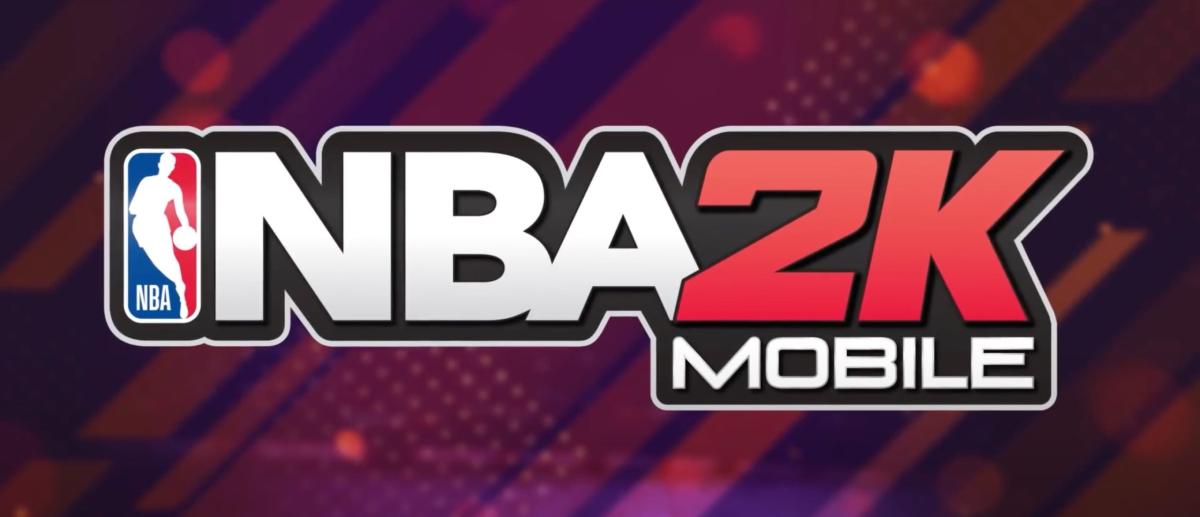
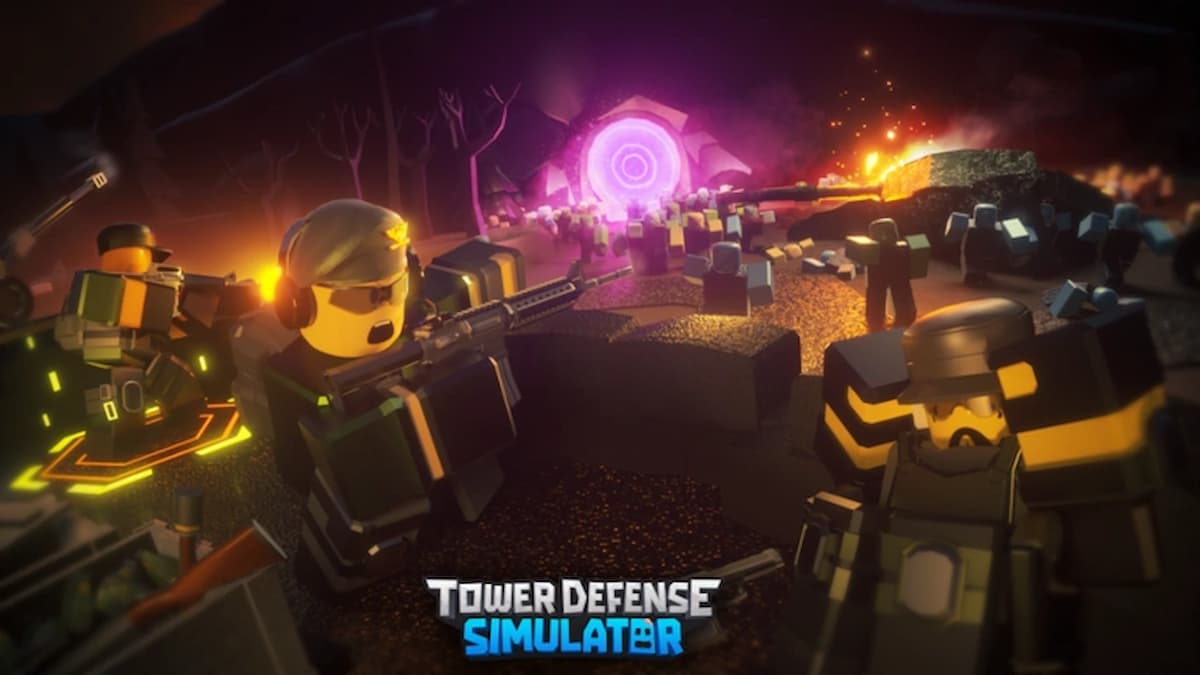
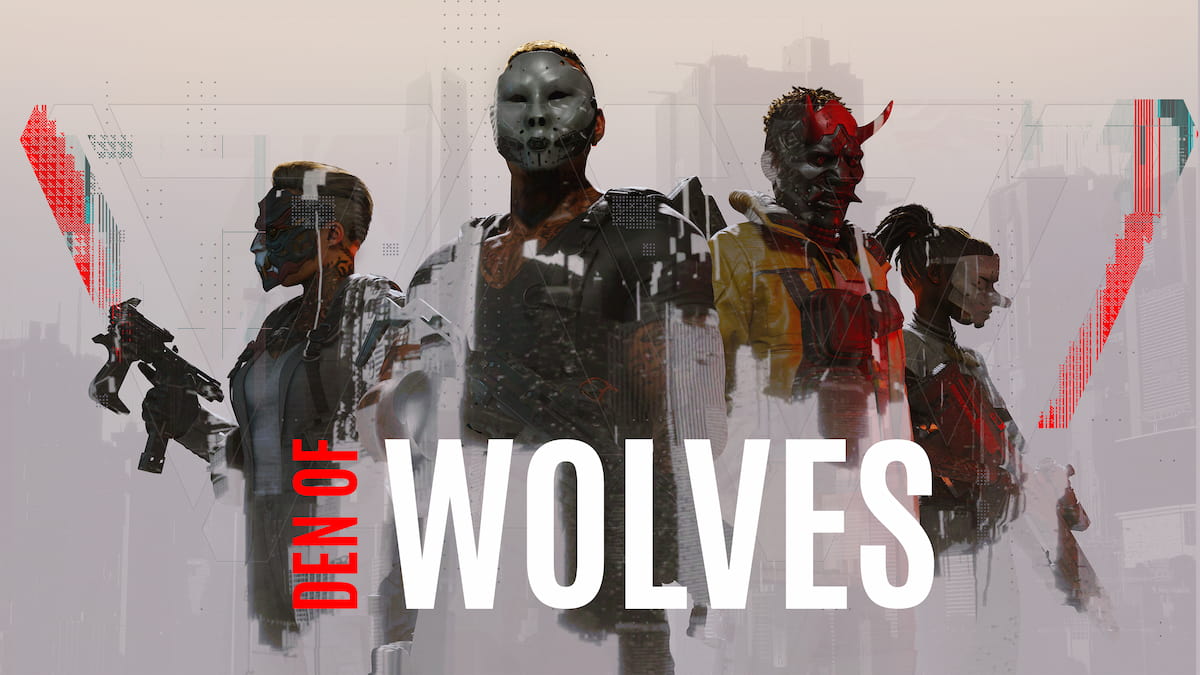
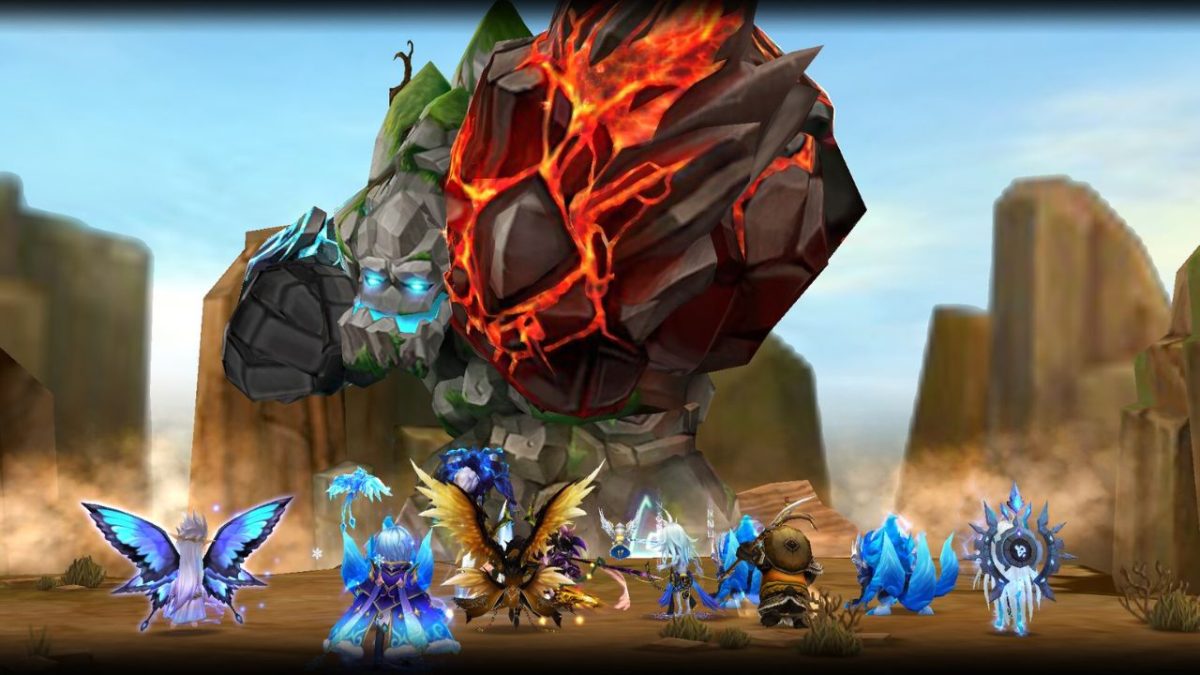

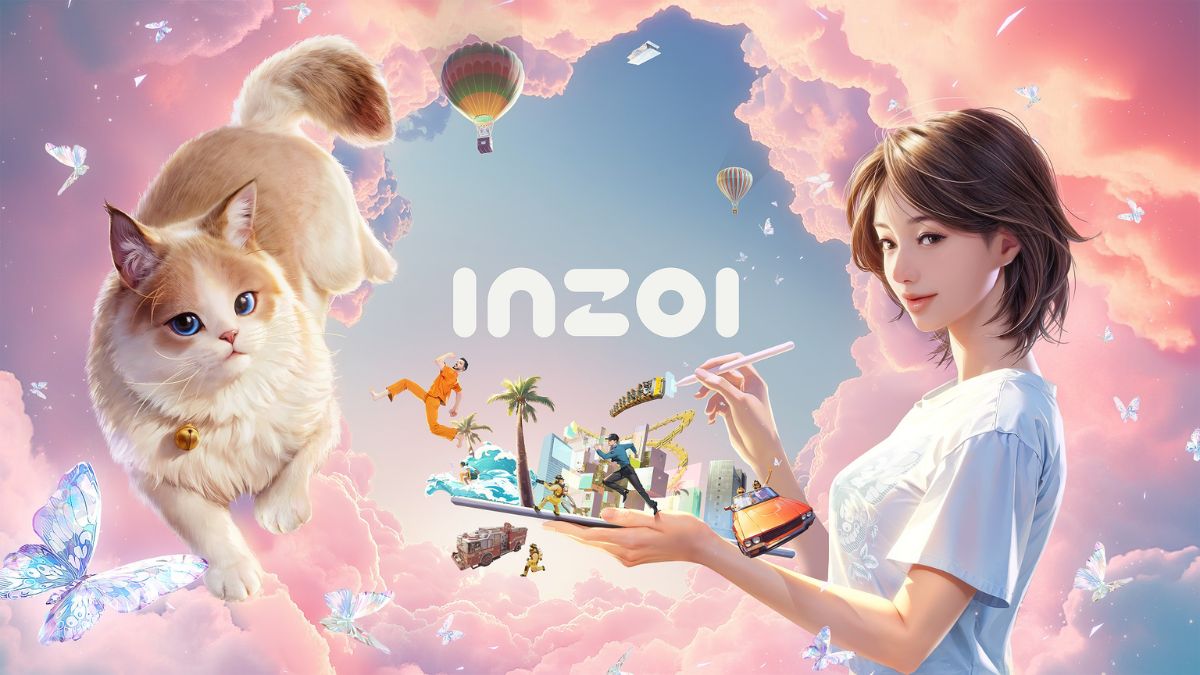
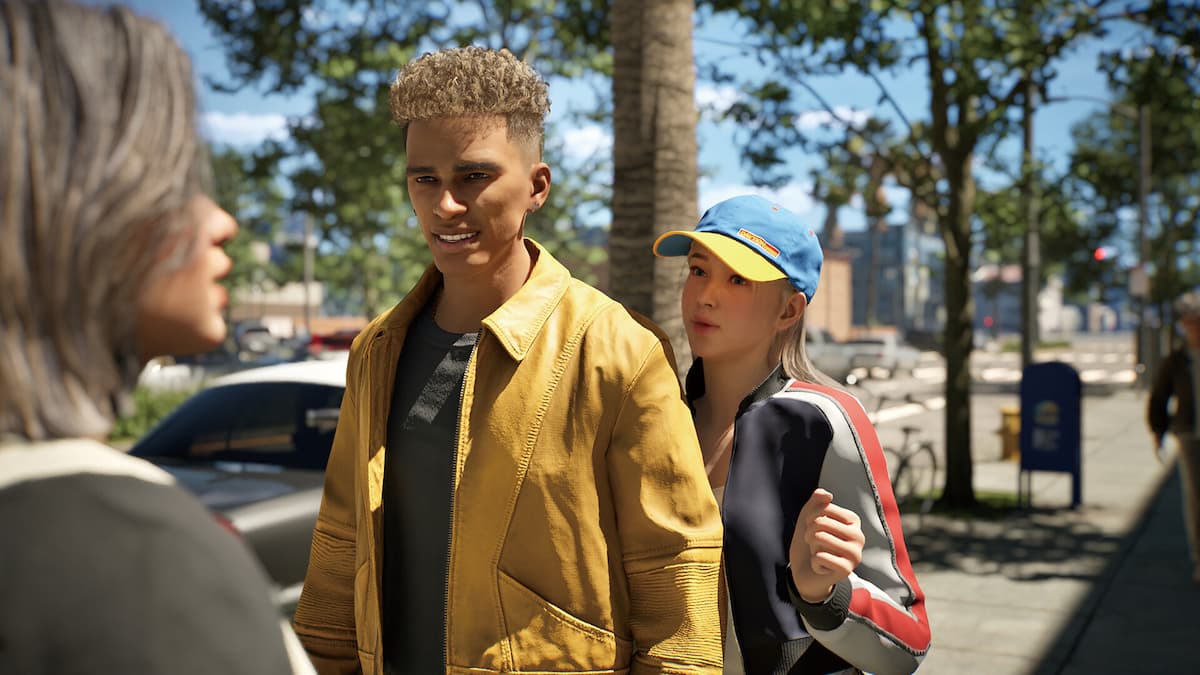


Published: Jul 23, 2014 07:24 am